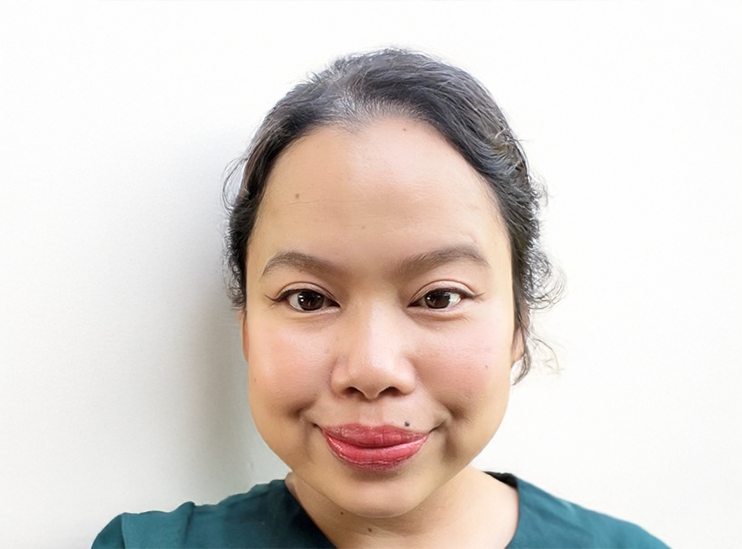Jan 13, 2025
How a Dietitian can support your health and wellbeing

What do dietitians do?
Dietitians support people with disability and/or their family or support networks to improve their nutritional intake to meet specific needs and goals. Improving a person’s nutritional intake can have a positive impact on function, independence and learning.
A qualified dietitian can offer evidence-based recommendations to improve your health and wellbeing at different life stages. This can help you to manage or prevent certain health conditions.
Dietitians can also provide tools and strategies to help you improve your choices around food and drinks, empowering you to better manage your own health and wellbeing.
Our dietitians can also support you to understand complex nutrition information and develop your own dietary strategies.
Dietetics support for children with disability
Childhood is an important time for growth and development. The right nutrition can support children with disability to meet their potential in growth, development and learning. Northcott’s dietitians can:
- Support mealtimes, including helping to reduce stress around mealtimes.
- Help correct any nutritional deficiency or toxicity
- Work with your child’s other therapists (such as speech pathologists, occupational therapists and physiotherapists) and health professionals (such as GP, pediatrician) to support their mealtime and nutritional intake
- Support with tube feeding
- Help improve your child’s interest in food, as well as their skills and participation in preparing food
Dietetics support for adults with disability
If you are an adult with disability, support from a qualified dietitian can help you to improve your overall health and wellbeing, as well reduce the risk of becoming unwell or experiencing other medical conditions related to diet.
Northcott dietitians can:
- Help you (and your support network) to better understand healthy eating or your specific diet – so you can improve your health and wellbeing
- Provide personalised strategies to help you meet specific diet recommendations
- Support you with planning, preparing and budgeting for your meals and drinks – ensuring that your choices support your health and wellbeing goals
- Support you with tube feeding, if required.
As a Northcott dietitian I work closely with supportive therapists, behaviour support practitioners, support workers and families. Witnessing how dietetic support can make such a positive impact on a person’s life (and their family or circle of support) at different life stages is so rewarding.
Jamil Tuazon, Northcott Dietitian
I enjoy following a customer’s journey in improving their health and wellbeing and seeing them gain more skills and independence in choosing, accessing and preparing food and drinks. Seeing customers, particularly those who are fed via tube, to have more choice and control over their food is gratifying, as is seeing the small wins turn into big wins!
Working with speech pathologists
If you have swallowing difficulties, a speech pathologist can perform a swallow assessment, observing how you chew, swallow, and manage food and drinks. If required, your speech pathologist might recommend modified diets, such as pureed foods or thickened liquids, to reduce your risk of choking or aspiration pneumonia.
A dietitian will then look at your diet and nutritional needs and recommend specific texture-modified foods to ensure you continue to eat a balanced diet.
Many people on texture-modified diets experience big changes in the types of food and drinks that they can tolerate. This can negatively impact their appetite, increasing their risk of malnutrition. Advice and support from a dietitian can ensure you continue to get the nutrition you need, while also safely swallowing your food.
If you want to feel more confident and in control at mealtimes, boost your physical health and mental wellbeing, and enjoy a better quality of life, contact Northcott to enquire about our Dietetics Services.
Dietetics Speech Therapy Occupational Therapy Physiotherapy


Accessibility and Inclusivity
We respect and honour Aboriginal and Torres Strait Islander Elders past, present and future. We acknowledge the stories, traditions and living cultures of Aboriginal and Torres Strait Islander peoples on this land and commit to building a brighter future together.
Read more about our commitment to reconciliation

